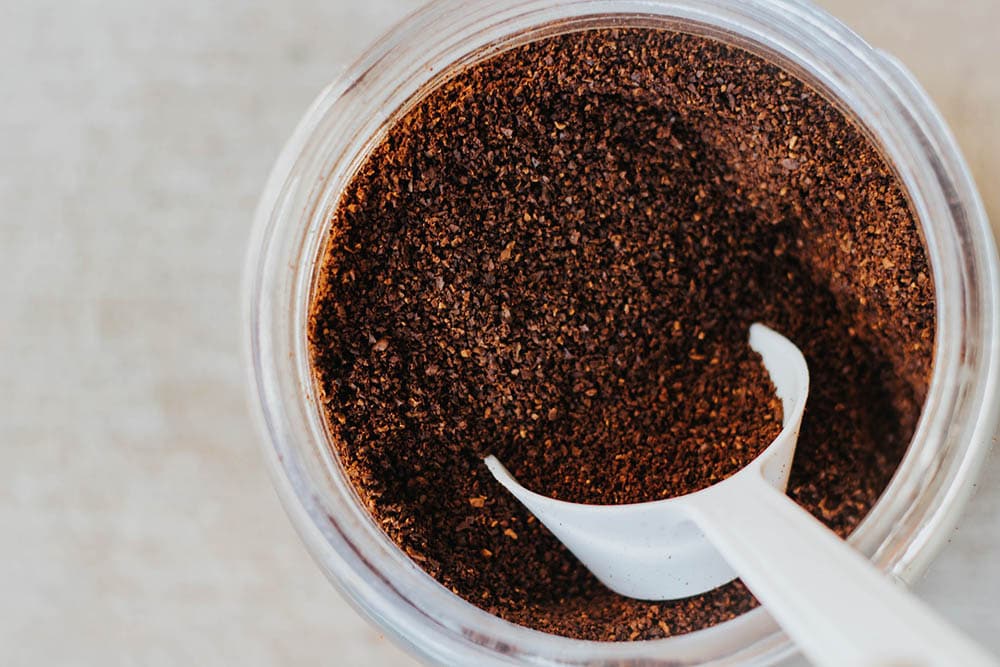
Humans have been drinking caffeine to get going in the morning for hundreds of years, and in many parts of the world, like Canada and Finland, it is even more popular than in the United States. Ginseng is an ingredient that has been gaining in popularity due to its use in many energy drinks and other beverages, so it is natural to wonder how the two compare. If you want to know which one is better, keep reading as we look at ginseng and caffeine to compare the effects on your body and mind.

Overview of Caffeine

What Is Caffeine?
Caffeine is a naturally occurring ingredient that you will find in many beverages like coffee, tea, and soda. It’s a natural stimulant that activates the brain and central nervous system to help you stay alert. People likely first consumed caffeine in tea almost 5,000 years ago. We discovered coffee later when an Ethiopian shepherd found that his goats had more energy after eating the beans. Today, as much as 80% of the world consumes caffeine daily, and we tend to consume more caffeine as we age.
How Does Caffeine Work?
Once you consume caffeine, the body absorbs it into the bloodstream. The liver breaks it down into multiple compounds that can affect different organs, but the main effect is on the brain, which blocks the effects of a chemical called adenosine. Adenosine builds up in the body throughout the day and works to relax the brain and make you feel tired, so you can get the rest THAT you need. Caffeine keeps the adenosine dormant, reducing tiredness and increasing focus. Caffeine can also increase adrenaline, making you more energetic, and it helps reduce swelling. It works quickly in the body, and you may notice effects as little as 20 minutes after consuming it. Also, it lasts a long time, with a half-life of 5 hours, meaning that consuming 100 mg of it at noon will leave 50 mg in your bloodstream at 5 p.m.
The downside to caffeine is that it can cause several health problems if you consume too much. Most experts recommend consuming less than 400 mg of caffeine daily to prevent muscle tremors, high blood pressure, nervousness, agitation, and even dehydration, which can lead to kidney stones.
- Increased energy
- Increased focus
- Long-lasting
- Can lead to several health problems
Overview of Ginseng

What Is Ginseng?
Ginseng is an herb — or more specifically, a root — with many different names, including ginseng root, ginseng Americano, North American ginseng, occidental ginseng, red berry, and sang. We started using ginseng as early as the 1700s, and some historical characters like Daniel Boone made their fortune selling it.
How Does Ginseng Work?
The doctor often uses it to help lower blood sugar in patients with type 2 diabetes, which can also help with respiratory infections. It also has energy-boosting properties similar to caffeine, which is why we often see it in energy drinks. It’s an adaptogen herb that helps you better adapt to stress, so your body continues to function normally under pressure.
Ginseng can lower your blood sugar, so you should avoid it when taking other medications or herbs that can lower blood sugar, like garlic and chromium. Other common side effects include diarrhea, rapid heartbeat, insomnia, and increased blood pressure. In extreme cases, people might experience a severe skin reaction that can include a fever, sore throat, and swelling.
- Lowers blood sugar
- Increases energy
- Helps you adapt to stress
- Interactions with other medications
- Diarrhea
- Increased heart rate and blood pressure

When to Choose Caffeine vs Ginseng
About 80% of the world’s population consumes caffeine regularly, so it’s a good choice when you first wake up to study for a test or relax with your friends. However, if you have problems with caffeine, like nervousness or irritability, you might find relief by switching to ginseng. It offers many of the same benefits and might not affect you as badly. It also lowers blood sugar, which can help with type 2 diabetes.
| When to Use Caffeine | When to Use Ginseng |
| Early morning | Caffeine-free energy boost |
| Studying | Improve focus |
| Relaxing | Reduce blood sugar |
| Pre-workout | Respiratory infections |
Conclusion
Most people will consume coffee far more regularly than ginseng, but ginseng can be a healthy alternative if you don’t take other medications that can lower your blood sugar. Ginseng is also a good choice if you have type 2 diabetes, as it can help give you the energy that you need while keeping your blood sugar low. Caffeine is generally safe, but some people might be sensitive to it and experience problems. People who consume more than the recommended 400 mg of caffeine daily might also experience side effects like nervousness and difficulty sleeping.
Featured Image Credit: Left – Ginseng (whaltns17, Pixabay) | Right – Caffeine (Marie C Fields, Shutterstock)














